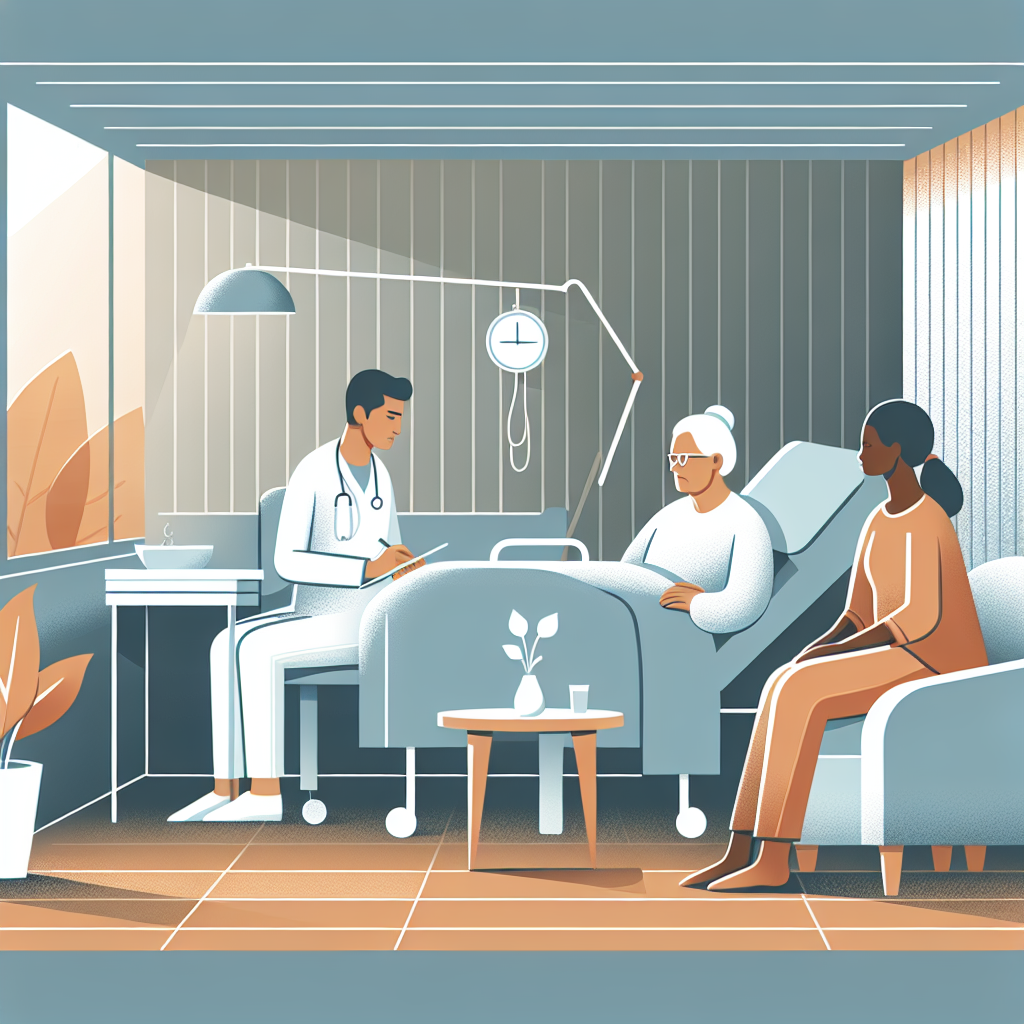Navigating Hospice Care for the Elderly
Understanding hospice care is crucial when managing the end-of-life stages for elderly patients. Hospice care offers compassion, dignity, and comfort, focusing on quality rather than quantity of life. This culturally-sensitive care ensures that personal values and needs are respected.
Accessing hospice care begins with a referral, typically from a primary care provider. A diagnosis of a limited life expectancy, often six months or less, is necessary. Embracing hospice means prioritizing comfort over curative treatment.
Benefits include pain management, emotional and spiritual support, and help with day-to-day tasks. It’s an all-encompassing approach that can involve hygiene care and incontinence management, which are critical components of maintaining dignity.
Family members also receive support, often through respite care options. This shared journey can be a period for meaningful connections, reflection, and transition. Sleep disruptions are common, so addressing sleep disorders is part of the hospice plan, ensuring restful nights for patients.
